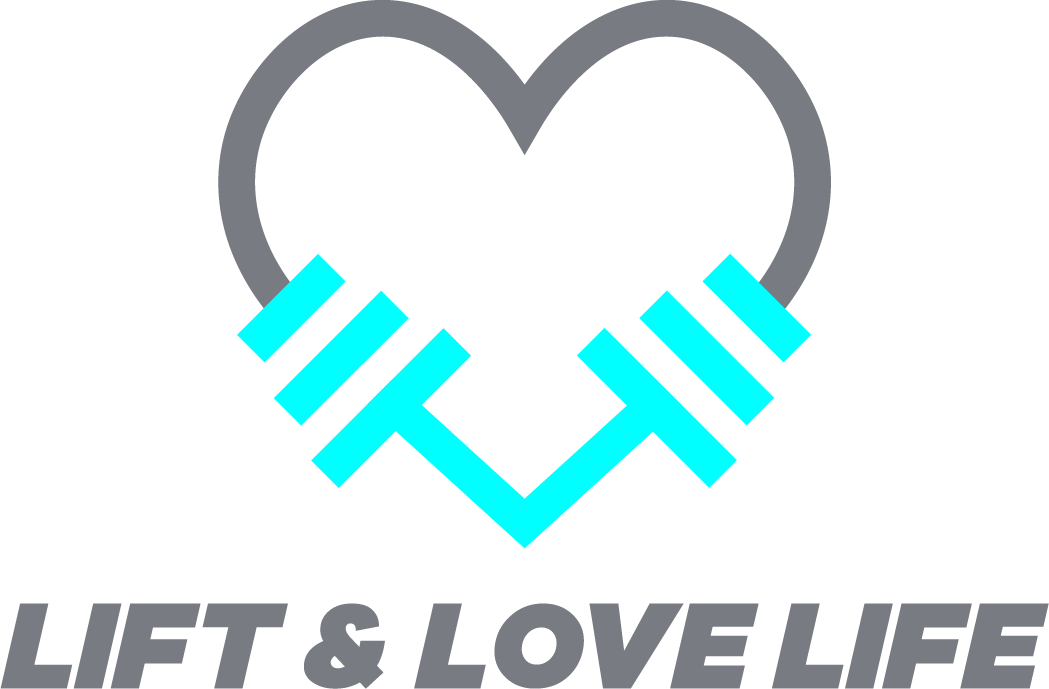Emotional eating is real--tired, stressed, bored, sad, even joy can lead to excessive eating.
Feeling a lack of control can also contribute.
That’s me. Something I’ve struggled with for as long as I can remember, and something I have been working tirelessly on over the last 12 months. When unforeseen circumstances arise that are out of my control, I take immediate action. I try to remedy. Try to regain control.
When I cannot fix it, when the situation simply is what it is, that’s my trigger.
The truth is once we enter a state of emotional eating it’s almost impossible to to stop. It also brings about very real feelings of guilt and shame.
The key to breaking the emotional eating cycle is to understand your emotions, and the factors that typically lead to the act, and rather than eating to cope, dive in fully and change your actions.
First, just stop. Breathe.
Take a look inward and understand what it is that you’re feeling. Being able to name our emotions as they’re happening has actually been proven to diminish the intensity of it.
Be as specific as possible. For example, when I was in the middle of my divorce, I was feeling A LOT. So rather than stating a very general, “I feel sad,” I would challenge myself to go deeper. What I was really feeling — absolutely terrified that no one will ever deem me worthy of love or being faithful to. That no one will ever want me, and I am going to be alone for the rest of my life.
Go deeper to lessen the intensity of what you’re feeling, and show yourself compassion. Acknowledge what you’re feeling, and tell yourself it’s ok to feel that way. There is no reason to feel any guilt or shame for feeling this. Remind yourself that it will pass; what you’re feeling is not a permanent state.
When I was first practicing this, I would write it all in a journal. I carried my journal and a pen with me wherever I went, because when I was in the thick of divorce, starting over as a single mother, and my mother’s cancer, big emotions would hit at random throughout the day.
Just like anything, it takes practice. I’ve taken myself through this so many times, it’s second nature at this point. I no longer need the journal.
Now, what factors have lead to your emotional eating?
Who were you with?
What were you doing?
What was your stress level?
Did you sleep well?
Remaining mindful in an emotional state is key. Reacting to a feeling is immediate, it’s an emotional state in itself. It’s not based on thought. Responding, on the other hand, requires thought. It requires mindfulness and understanding. It requires compassion.
Understand your patterns.
To break the emotional eating cycle you also want to understand what your typical patterns are. For most, emotional eating is a habit engrained by repetition. They go into autopilot and reach for the same foods time and time again.
So what is your pattern? Do you go to the grocery store? The drive through? Is it food you keep at home regularly?
Once you identify your patterns you can take action to break them.
Creating new patterns and habits, and breaking old ones takes a tremendous amount of practice and time. Yes, you will stumble. Yes, it is going to feel hard. Some days will feel impossible. But it will get better. It’s only a failure if you stop trying. When you quit, that’s when you fail. But if you get back up and continue to press forward, you will make progress, and it will get better. I am living proof of that.
“Nothing in this world can take the place of persistence. Talent will not: nothing is more common than unsuccessful men with talent. Genius will not; unrewarded genius is almost a proverb. Education will not: the world is full of educated derelicts. Persistence and determination alone are omnipotent.” - Calvin Coolidge
XOXO -
Jules


